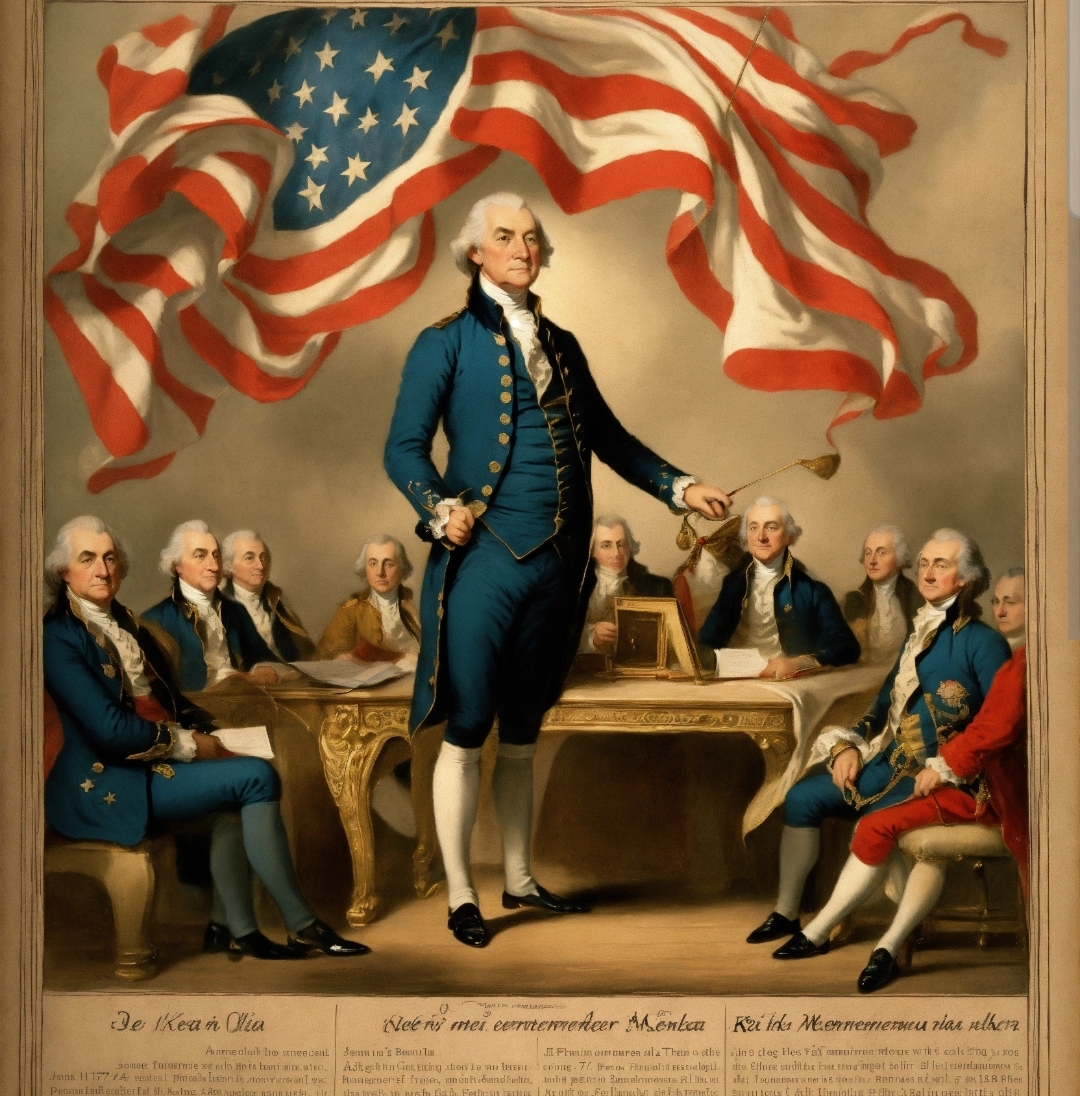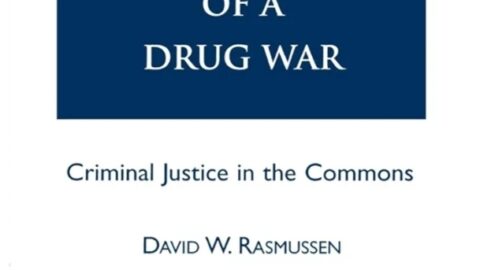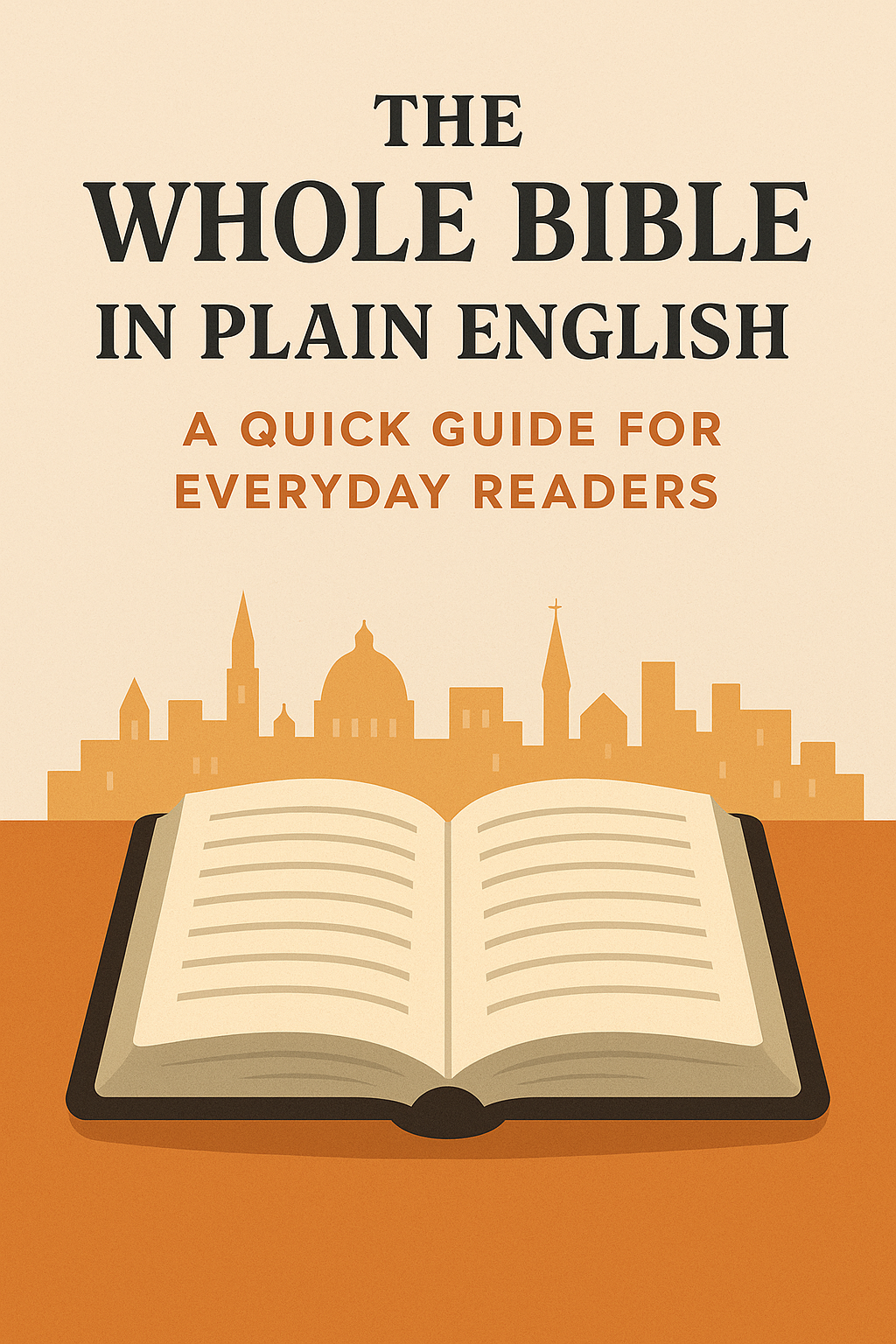It is time to rethink the political labels of Liberal, Progressive, Democrat, Republican, and Conservative for something more substantive and goal-oriented to push the Overton Window back to limited government and protection of our individual and God-given rights.
We must be aware that the political spectrum we have been taught is a false concept.

Politics is almost like a team sport, as we have been conditioned to choose one side or another. Our programming and conditioning feel that we must choose the Left or Right camps as both the national Republican and Democrat parties lead us into tyranny by way of statism and corporatism.

Voting or taking sides diminishes our individual and collective critical thinking, consciousness, and skill sets in determining the issue’s root cause and effect.
The divide is accurate, as the labels separate Americans instead of uniting us.
It has been designed that way.
We must de-condition and reprogram ourselves, our family, friends, and humanity by deconstructing the programmed narrative that has been harnessed on humanity from history to our present situation.
“The illiterate of the 21st century will not be those who cannot read and write, but those who cannot learn, unlearn, and relearn.” — Alvin Toffler
Words have power, influence, and meaning—the original word for Liberal needs to be addressed and compared from its original intent to its modern expression. We always need to turn to the definition of every word, and it is essential to trace it back to its root and original meaning to gain more perspective, power, and meaning.
The definition and meaning of a word can drive us in the direction of life, so it is vital to be fully aware of the driving force from the beginning to the end to understand who we are and what we are becoming.
It's time to retire the word liberal. It's being used to describe people who are anything but liberal. Liberals used to fight for maximum freedom. Now they fight for maximum control. pic.twitter.com/zXfzHHKOVV
— Connor Boyack 📚 (@cboyack) March 29, 2024
“It’s about time we retired the word liberal. It doesn’t mean what it once did. The true liberals are libertarians because the liberals of yesteryear were the freedom fighters, the founding fathers, who wanted to shrink the state and have maximum freedom. But today’s liberals are progressives. They’re collectivists, they’re statists, they’re authoritarians. They don’t want maximum freedom. They want maximum control. They want to boss everyone else around to do what they want. That’s not liberty. It’s not a liberal.”

Attaching to a political label without critically examining one’s beliefs and the issues at hand can be seen as a form of intellectual laziness.
Reasons People Attach to Labels Without Thinking:
- Cognitive Ease:
- Simplification: Labels provide a simple framework for understanding complex political landscapes. It’s cognitively easier to adopt a label than to analyze each issue independently.
- Mental Shortcuts: Political labels act as mental shortcuts, allowing individuals to quickly align with a set of pre-packaged beliefs without the effort of critical thinking.
- Social Identity:
- Belonging: Identifying with a political label can foster a sense of belonging to a group or community. This social identity can be comforting and affirming.
- Peer Influence: People may adopt the labels and views of their social circles to fit in and avoid conflict, rather than critically evaluating those beliefs.
- Information Overload:
- Volume of Information: The sheer amount of information available today can be overwhelming. Labels help people filter and process this information more easily.
- Media Influence: Media often simplifies complex issues into partisan narratives, reinforcing the use of labels as a way to quickly categorize and understand news.
Consequences of Unthinking Attachment to Labels:
- Polarization:
- Us vs. Them: Relying on labels can deepen divisions between groups, creating an adversarial “us vs. them” mindset that hampers constructive dialogue.
- Echo Chambers: Individuals may only seek out information that confirms their pre-existing beliefs, reinforcing their label and isolating them from differing perspectives.
- Intellectual Stagnation:
- Lack of Critical Thinking: Unquestioning attachment to labels discourages critical thinking and open-mindedness, leading to intellectual stagnation.
- Resistance to Change: People may become resistant to new information or perspectives that challenge their adopted label, hindering personal growth and adaptation.
- Policy Implications:
- Partisan Gridlock: When political decisions are driven by label adherence rather than reasoned debate, it can lead to partisan gridlock and ineffective governance.
- Misguided Policies: Policies based on uncritical adherence to labels rather than evidence and thoughtful analysis may be less effective or even harmful.
Encouraging Independent Thinking:
- Education:
- Critical Thinking Skills: Education systems should emphasize critical thinking skills, encouraging students to question, analyze, and form their own opinions.
- Civic Education: Teaching about the political system, history, and the importance of informed citizenship can empower individuals to think beyond labels.
- Media Literacy:
- Evaluate Sources: Promoting media literacy helps people evaluate the credibility of information sources and recognize bias.
- Diverse Perspectives: Encouraging exposure to various viewpoints can help individuals form more balanced and nuanced opinions.
- Open Dialogue:
- Respectful Debate: Fostering environments where respectful and open debate is encouraged can help break down the barriers created by labels.
- Community Engagement: Engaging with community members from different backgrounds and viewpoints can challenge assumptions and broaden understanding.
- Personal Reflection:
- Self-examination: Encouraging individuals to regularly reflect on their beliefs and consider why they hold certain views can promote more thoughtful engagement with political issues.
- Continuous Learning: Promoting a mindset of continuous learning and curiosity can help people remain open to new information and perspectives.
While political labels can provide a sense of identity and simplify complex issues, unthinking attachment to these labels can lead to polarization, intellectual stagnation, and ineffective governance.

Encouraging critical thinking, media literacy, open dialogue, and personal reflection can help individuals move beyond labels and engage more thoughtfully and effectively with political and social issues. This shift can foster a more informed, cohesive, and adaptive society, which sounds progressive in the true sense.

“The classical Liberal, during the Revolutionary time. . . did not believe those rights were dispensations granted by the king to the people, he believed that he was born with them.” — Ronald Reagan

(1)
Reevaluating political labels and uniting under the principles of the Constitution and the Bill of Rights is a perspective that emphasizes national unity and the foundational values of the American constitutional republic.
Key Points:
- Overcoming Division:
- Reduction of Partisanship: Political labels often exacerbate divisions and create an “us vs. them” mentality. Focusing on shared constitutional principles can help bridge these divides.
- Common Ground: The Constitution and the Bill of Rights provide a common framework around which all Americans can rally, promoting unity over partisan differences.
- Emphasis on Fundamental Rights:
- Protection of Rights: The Bill of Rights enshrines fundamental liberties such as freedom of speech, religion, and the press. Uniting under these principles ensures that these rights are protected for all citizens.
- Equality: Emphasizing constitutional protections reinforces the commitment to equality before the law, regardless of political affiliation.
- Strengthening the Republic:
- Civic Engagement: Focusing on constitutional principles can enhance civic education and engagement, encouraging citizens to participate more actively in the democratic process.
- Accountability: Holding all political actors accountable to the same constitutional standards can reduce corruption and increase government transparency.
- Reducing Polarization:
- Inclusive Dialogue: Moving beyond political labels can foster more inclusive and productive dialogue, as people are encouraged to discuss issues based on shared values rather than partisan identities.
- Focus on Solutions: Emphasizing constitutional principles can shift the focus from partisan battles to finding solutions that align with the nation’s foundational values.
Supporting Arguments:
- Historical Context:
- Founding Principles: The Constitution and the Bill of Rights were designed to protect individual freedoms and limit government power. Recommitting these principles can help realign political discourse with the nation’s founding ideals.
- Bipartisan Legacy: Throughout history, many significant achievements in American governance have been rooted in bipartisan cooperation and a shared commitment to constitutional principles.
- Modern Challenges:
- Political Polarization: Contemporary politics is increasingly polarized, with extreme partisanship undermining effective governance. A unifying focus on the Constitution and the Bill of Rights can help mitigate this issue.
- Rights and Liberties: Reaffirming constitutional protections is crucial in the face of modern challenges, such as technological surveillance, civil liberties, and freedom of expression.
- Worldwide Perspective:
- Model of Self-Governance: The United States has long been viewed as a model of democratic-republican governance. Reaffirming commitment to constitutional principles can reinforce this worldwide reputation and promote self-governance values.
- Human Rights: Emphasizing the Bill of Rights aligns with international human rights standards, promoting justice and the rule of law.
Practical Steps:
- Civic Education:
- Enhance Education: Integrate comprehensive civics education into school curriculums to ensure citizens understand their constitutional rights and responsibilities.
- Public Awareness: Launch public awareness campaigns to highlight the importance of the Constitution and the Bill of Rights.
- Bipartisan Efforts:
- Legislative Initiatives: Encourage bipartisan legislative initiatives reinforcing constitutional principles and protecting civil liberties.
- Cross-Party Collaboration: Promote collaboration across party lines on issues that affect fundamental rights and freedoms.
- Grassroots Movements:
- Community Engagement: Support grassroots movements that advocate for constitutional protections and encourage community engagement in the political process.
- Dialogue and Debate: Foster open dialogue and debate on constitutional issues, ensuring diverse perspectives are heard and respected.
Reevaluating political labels and uniting under the Constitution and Bill of Rights principles can help reduce polarization, protect fundamental rights, and strengthen the American Constitutional Republic. By focusing on the shared values enshrined in these foundational documents, citizens and political leaders can work together to address contemporary challenges and build a more inclusive, just, and cohesive society.

(1) Liberal







One Response
Great idea. Of course this very concept has been around since I was 16 (I’m now a very young 76) with different names of the axes but with similar honesty, integrity and clarity. (Of course this truth has been around for centuries for those who are seeking the best outcome for themselves, their families, and all mankind. Those people taught me the truth and I appreciate your doing the same.)
We are given false choices by those who have out who crave power, meant to confuse and capture the short sighted and/or poorly educated. The choices we are given are meant to cause mutual dissent and conflict to distract us so that we do not see what is truly happening. This is natural for those in power because getting more power is natural for short sighted people. To view the world as you suggest requires a long term view point and results in the best outcome for all involved.